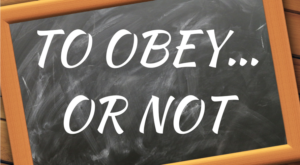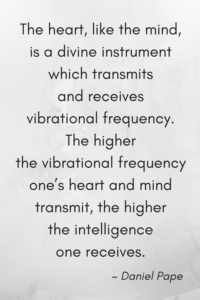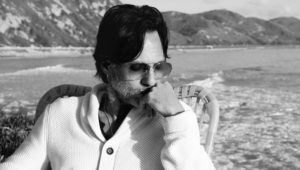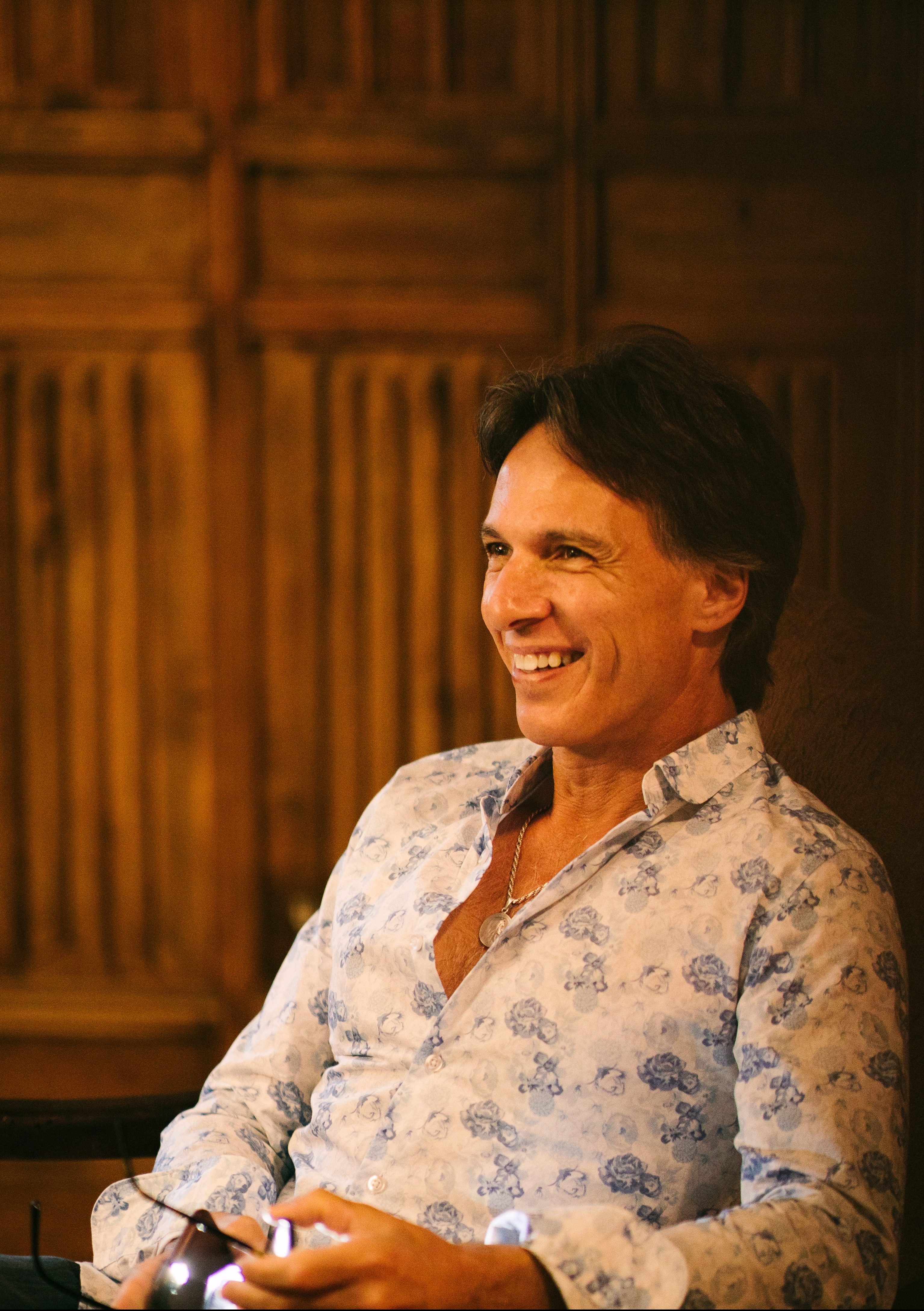
What is the key to tapping into infinite intelligence?
In Knowledge vs. Intelligence PART 1, we focused on the fundamental difference between knowledge and intelligence. In doing so we discovered that it is extremely important to remain aware that knowledge, as powerful as it is, is just a tool that was meant to serve, not enslave.
This is where the real issue lies. Clearly, memory and knowledge are two of the most effective servants when called upon, but we must be the ones who call upon them, and not them on us. If we examine our own behavior, we will most likely discover that there are often times when we do not deliberately call upon our own memory, but rather it asserts itself at will.
How does our mind and its content assert themselves at will? The answer is simple, it’s called conditioning.
We have been conditioned since early childhood to “know”, rather than to “think”. Our education system places a higher value on knowledge than it does on intelligence. Sadly, once a student has been successfully indoctrinated with “knowing”, they generally turn away from their own innate intelligence and obediently begin to accept the words of authority figures as “the way it is”. This is not learning; this is obeying.
This simplistic method of education is not only flawed; it is quite insane. For it creates a mundane society filled with unoriginal individuals, and inevitably, a simplistic method will produce simpletons.
Thankfully, many leading-edge thinkers have been quoted throughout history as opposing institutional education and the limitations it imposes. To provide more clarity I’ve compiled a list of some of these extraordinary individuals; here are just a few of my personal favorites…
“What is an educator? What is education? Are we educated at all? The ignorant man is not the unlearned, but he who does not know himself, and the learned man is stupid when he relies on knowledge and on authority to give him understanding. Understanding comes only through self- knowledge, which is awareness of one’s total psychological process.
Thus education, in the true sense, is the understanding of oneself, for it is within each one of us that the whole of existence is gathered. There is no end to education. It is not that you read a book, pass an examination, and finish with education. The whole of life, from the moment you are born to the moment you die, is a process of learning.” ~ J. Krishnamurti
“The value of a college education is not the learning of facts but the training of the mind to think.” ~ Albert Einstein
“It is a miracle that curiosity survives formal education.” ~ Albert Einstein
“Imagination is more important than knowledge. Knowledge is limited, imagination encircles the world.” ~ Albert Einstein
“Some people get an education without going to college, the rest get it when they get out.” ~ Mark Twain
“Education is what remains after one has forgotten what one has learned in school.” ~ Albert Einstein
“He who knows nothing is closer to the truth than he whose mind is filled with falsehoods and errors.” ~ Thomas Jefferson
“The only thing that interferes with my learning is my education.” ~ Albert Einstein
“Any fool can know. The point is to understand.” ~ Albert Einstein
These brilliant individuals accomplished extraordinary feats, not simply because they were knowledgeable, but because they were receptive to The Unified Intelligence Field. Certainly, they had knowledge, but they transcended their knowledge. They went beyond the known; they tapped into pure conscious awareness.
The reason humans are called human beings and not human knowers is that “being” is our natural state. “Being” brings us into total awareness; it raises our consciousness to such a degree that we become aware of that which knows.
This is essential if we wish to avoid an ignorant reality. Clearly, we must first be aware of that which knows, before we can truly know anything at all. Otherwise, “all we know” leads to ignorance.
Authority figures like to talk about knowledge, but most are unaware that self-knowledge is the ultimate form of knowledge, for it leads to Universal Knowledge. Until our system of education embraces this fundamental truth it will continue to produce individuals with limited intelligence.
So how do we find a solution? We begin by nurturing the relationship with ourselves. When self-knowledge becomes a top priority, all knowledge, no matter what the source, can be properly discerned.
No doubt, in order for a loving, intelligent society to exist, it must be inhabited by free-thinking individuals who possess self-knowledge. These individuals are easy to recognize, for they are amongst humanity’s most creative and consciously aware beings. These highly sensitive individuals realize that life is in a constant state of motion, a continuous ebb and flow.
They live in the present moment, and thus, meet each situation as it arises with an open mind. Free, and uncluttered, they possess the necessary capacity to receive the intelligence contained within each moment. However, it must be noted that being receptive to Universal Intelligence requires more than just an open mind, it requires an open heart as well.
The heart, like the mind, is a divine instrument which transmits and receives vibrational frequency. The higher the vibrational frequency one’s heart and mind transmit, the higher the intelligence one receives.
Therefore, by keeping our hearts and minds open, we remain forever receptive to eternal inspiration. In truth, by enhancing our receptivity mode, we not only align with infinite intelligence, but we allow ourselves to receive love, which ultimately lights the path to self-mastery.
Personally, I have found that the key to enhancing one’s receptivity mode is meditation. Yet, before we can become adept at meditation we must first understand its true meaning. Many mistakenly think meditation is positive when in actuality, its very nature is negative.
Meditation negates the conflicts that exist within oneself; it removes and destroys humanity’s inner struggle. The great masters all throughout history were aware of this. For instance, when Buddha was asked what he gained from meditation he replied, “Nothing! However, let me tell you what I have lost: anger, anxiety, depression, insecurity, fear of old age and death.”

So you see, it is not that meditation gives us well-being, but rather it removes the dis-ease that society has implanted within us and returns us to our natural state of wellness. Truly, it is through meditation that we become less enchanted with knowing, and more acquainted with that which knows.
Once this is accomplished we begin to perceive life through the eyes of Source, and in doing so, exude a quiet, inner confidence that few posses, but many seek.
~ Daniel Pape
This is part two of a two-part article. CLICK HERE to read part one, Knowledge vs. Intelligence, PART 1.


